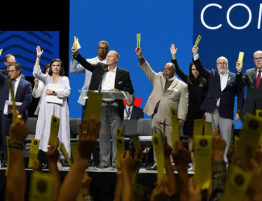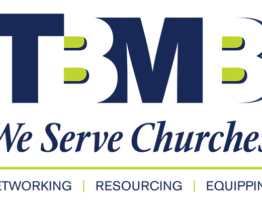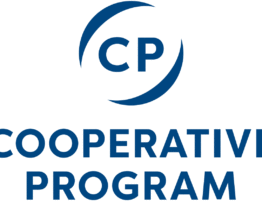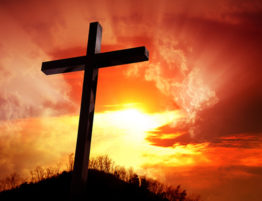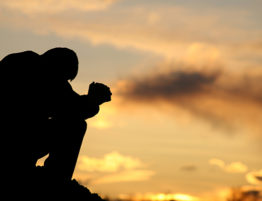Editor’s note: This article was authored by Paul Clark authored shortly before he suffered a devastating stroke in November 2015. We wanted to pass it along to honor Paul’s commitment to ministry.
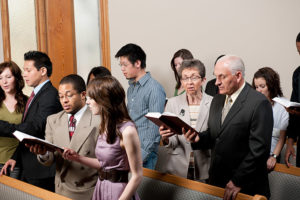 By Paul Clark Jr.
By Paul Clark Jr.
Have you ever thought about proposing a church worship rehearsal? Yes, I mean a rehearsal for worship that involves the entire congregation.
What is a worship rehearsal? It’s a time of practicing together those aspects of corporate worship that you do regularly.
Just think about how you do other rehearsals. You break things down into separate components and rehearse them, so that when they go back together they are executed well.
In music, that may mean phrase by phrase, or in major sections of a song. You note phrases that need to be sung or played louder or softer, and explain why. You practice doing them until they are done right. In preparing for a major music program, you may segment major portions and help performers know how the drama fits together. Hopefully you help musicians to know the “why” of what they are singing, playing or otherwise performing, and the “why” of doing it that way.
Rehearsing worship breaks down a worship service into smaller components. You have the opportunity to prompt full participation in congregational singing. Your pastor can help people know their role in receiving God’s Word through the preaching. With a couple of examples, he can lead them to practice listening, praying and responding.
Worship rehearsal provides an opportunity to evaluate and practice awkward points in a service, like the welcome, whether prompted or left to spontaneity as people enter. What about different kinds of prayers, confession, concern for health and other needs, invocation, benediction, etc.? What about the invitation? How long since you have helped people consider what decisions and responses need to be made public in gathered worship? Here’s an appropriate opportunity to call their attention to that very thing. How about rehearsing the ordinances and passing the plate during offertories? How about just general pew etiquette like what to do if someone is in “your pew” or being aware of open seats on your row?
What is there to gain? A church worship rehearsal is a great time to unpack every aspect of a regular worship service and help your congregation know the “why” of what you do, week in and week out. In such a rehearsal you can ask them to consider ways they can enhance those aspects. You can give them an opportunity to ask questions of leadership and foster healthy interchange surrounding how we worship together. What’s more, then you can rehearse each aspect, especially musical ones, and further draw attention to the need for full participation. (I know a good resource to help with this – wink, wink!)
Corporate worship is the most important thing the church does together. Southern Seminary professor Don Whitney reminds us: “There’s an element of worship and Christianity that cannot be experienced in private worship or by watching worship. There are some graces and blessings that God gives only in the ‘meeting together’ with other believers”
Pastor and author David Mathis goes further to notate five of these graces and blessings as he sees them: awakening, assurance, advance, accepting another’s leading and accentuated joy. (Can you tell he’s a preacher?)
When we consider Jesus’ high priestly prayer in John 17, surely we must consider the importance of our unity as church. Nowhere should that unity be more clearly on display than in the time of public corporate worship, the gathering of the Bride into one body. Insiders and outsiders should be able to feel the thickness of unity as we seek to be the answer to Jesus’ prayer “that they would be one.” (John 17:21)
So, how does that look in your church’s worship when the congregation is singing? Are all engaged in full-throated praise as one body? How about in hearing the Word preached? Is there a sense of unified listening, even when different ears may receive different words of individual lives through the miracle of Spirit revelation? Is there a warmth of hospitality that overcomes social or economic status, racial difference or provincial prejudice?
A worship rehearsal could well help the congregation understand its responsibility and biblical mandate in all aspects of corporate worship. It is a chance to break the chains of spectator mode and be freed to fully participate in corporate spiritual worship ministry.
 Paul Clark Jr. served as Worship & Music Specialist for Tennessee Baptist Convention for 15 years, before suffering a devastating stroke in November 2015. He is a graduate of Union University, Southern Baptist Theological Seminary, and has a doctorate in Worship Studies from Robert E. Webber Institute of Worship Studies.
Paul Clark Jr. served as Worship & Music Specialist for Tennessee Baptist Convention for 15 years, before suffering a devastating stroke in November 2015. He is a graduate of Union University, Southern Baptist Theological Seminary, and has a doctorate in Worship Studies from Robert E. Webber Institute of Worship Studies.

